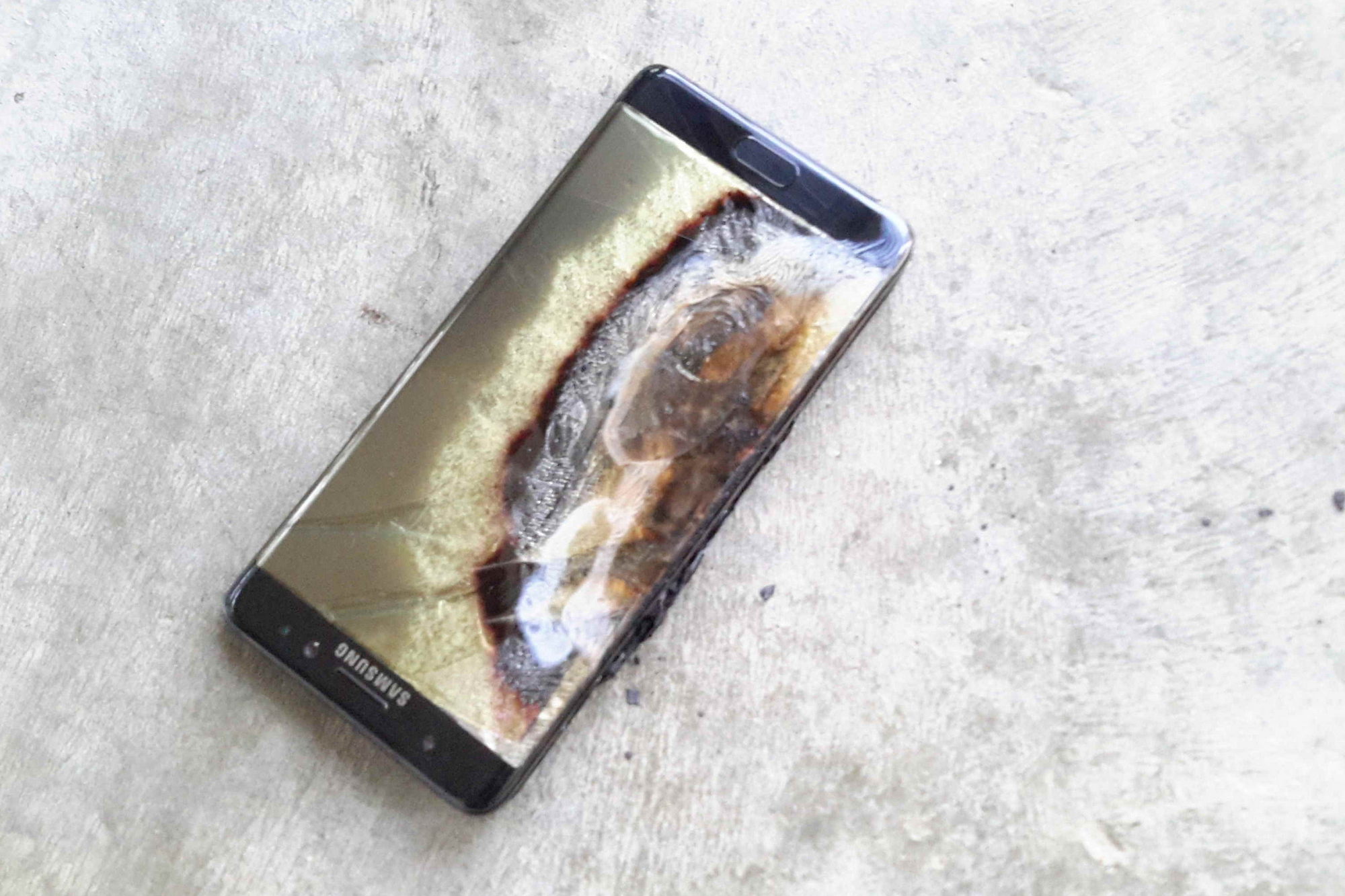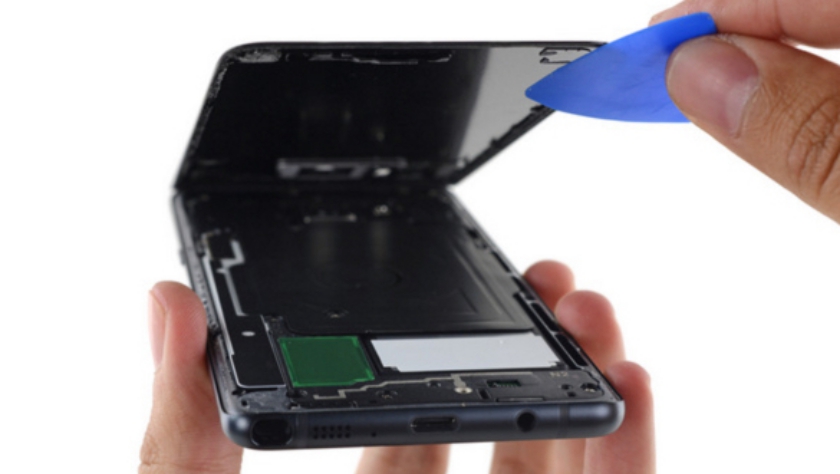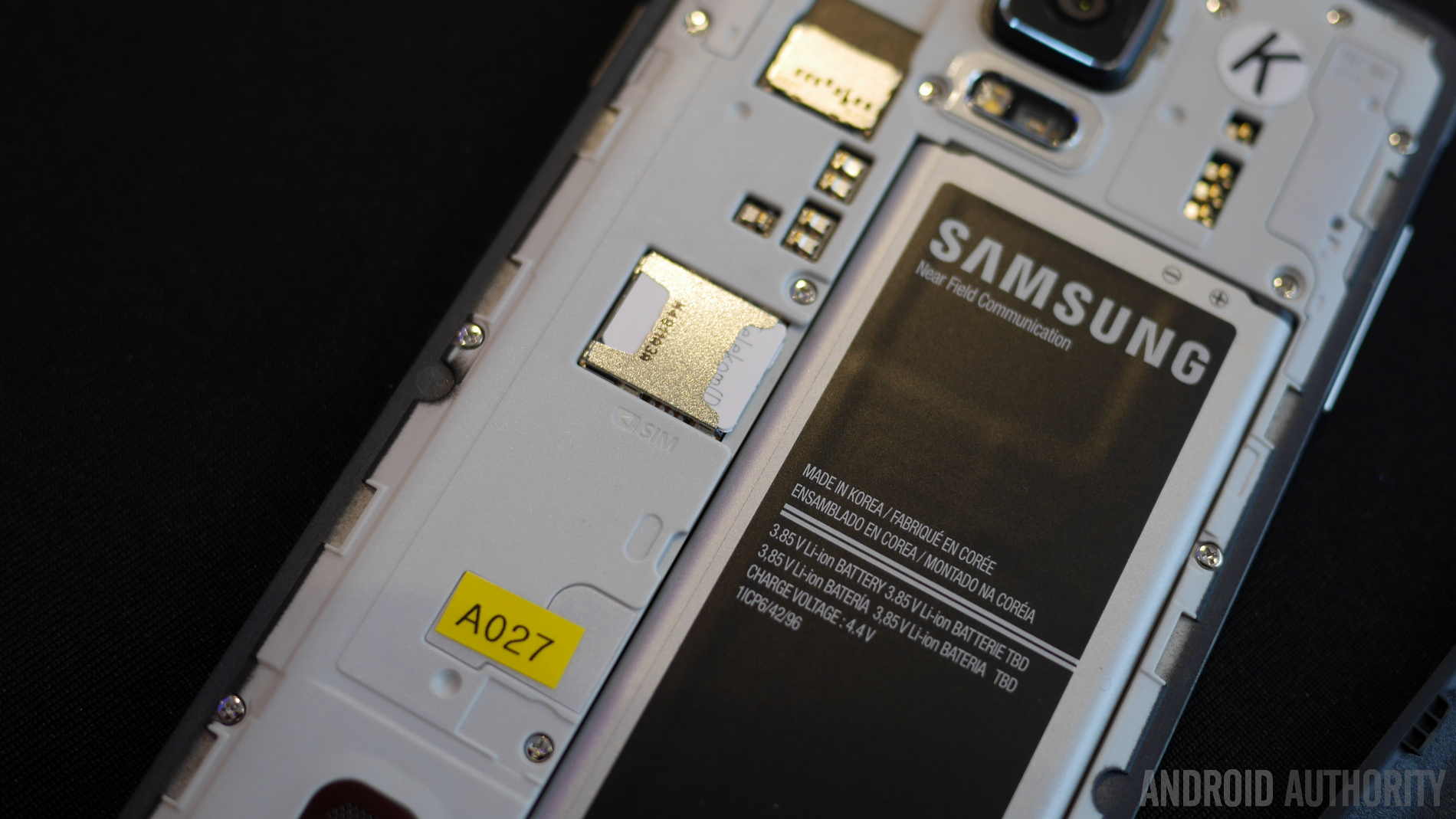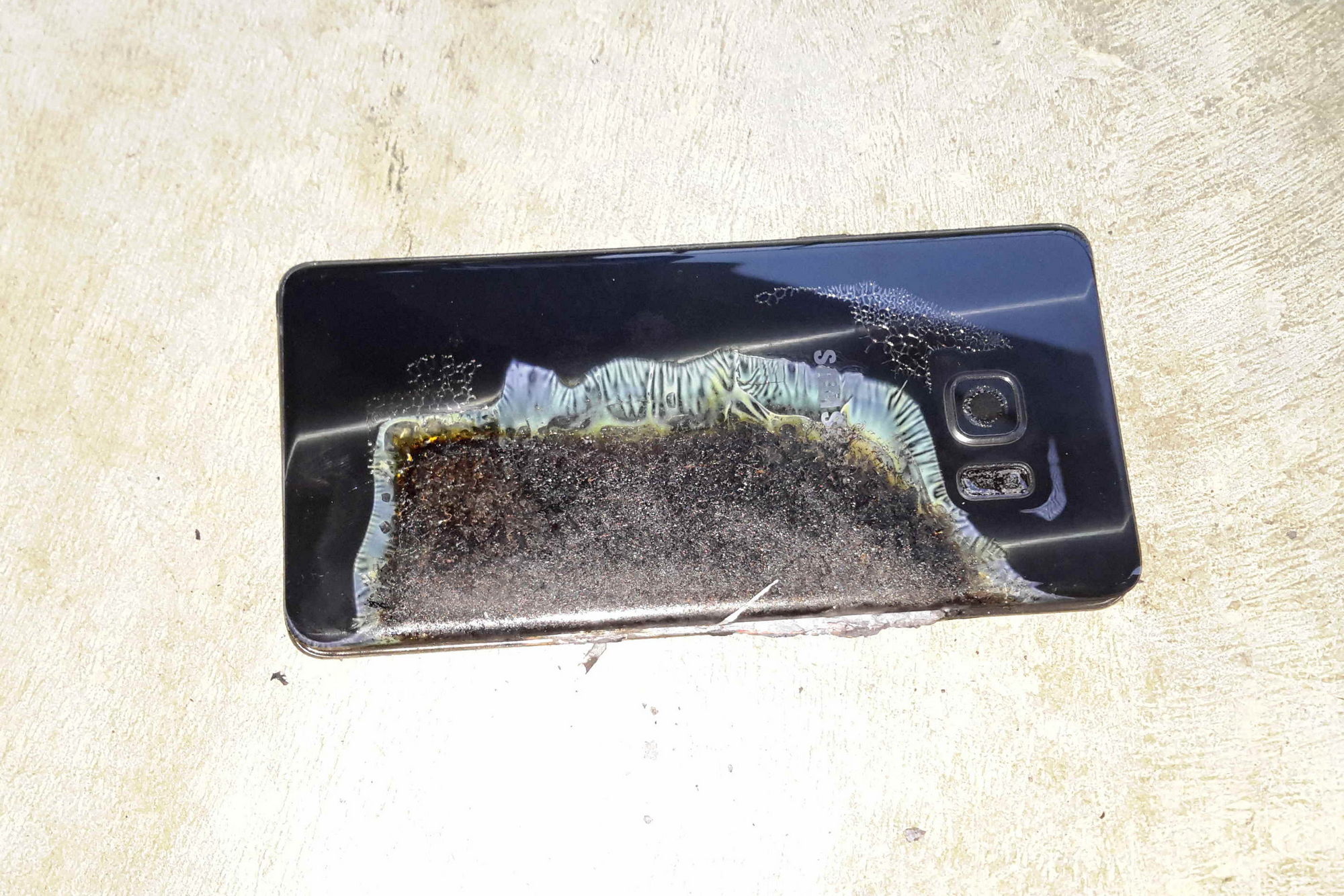Affiliate links on Android Authority may earn us a commission. Learn more.
Samsung’s Galaxy Note 7 recall has a 22-year-old precedent
Published onSeptember 5, 2016

Samsung’s recent mass recall of the Galaxy Note 7 is being regarded as an unprecedented and potentially damaging move on the part of the Korean tech titan, but it’s worth noting that it’s very much in line with Samsung’s business philosophy. Although some are predicting that the recall will put the company on unstable footing even as they’re readying to go toe to toe with the new iPhone, their willingness to make mass recalls is actually what helped establish Samsung as an industry leader.
According to a report in the Korea Herald, what we’re seeing is the echo of a change in company policy all the way back in 1993. At the time, the company suffered from an abysmal defective rate. Their products were assembled from components so poorly manufactured that workers had to use knives to cut misshapen plastic parts so that they could fit into the washing machines they were designed for.

After watching footage from production and assembly, chairman Lee Kun-hee reprimanded the company’s executives and called for a sweeping change in the company’s policies. He told Samsung workers to “change everything but your wife and kids.”
Over the course of the next year, business practices were gradually implemented that aimed to increase product quality. However, in 1994, Samsung finally had to put their money where their mouth was.
That year Samsung launched the company’s very first wireless phones, which were regarded as revolutionary at the time. However, these devices suffered from an absolutely catastrophic defective rate of 11.8 percent.

Samsung elected to recall 150,000 of these phones from the market, and they were destroyed in front of 2000 employees. The total value of these devices was somewhere around 5 billion won.
The company was again tested in 2009, when they were forced to recall 210,000 refrigerators after some of them had been found to spontaneously explode. This constituted the largest home appliance recall that had ever been executed at the time.
Samsung elected to recall 150,000 of these phones from the market, and they were destroyed in front of 2000 employees.
So while it remains to be seen whether the Galaxy Note 7 recall will have a profound effect on Samsung’s bottom line and the device’s place in the smartphone market, the move is hardly out of character for the company. On some level, this is business as usual for Samsung.
What do you think of Samsung’s history of product recall? Is this an admirable commitment to quality or evidence that they are prone to rush products to the market without sufficient testing? Let us know your take in the comments below!
